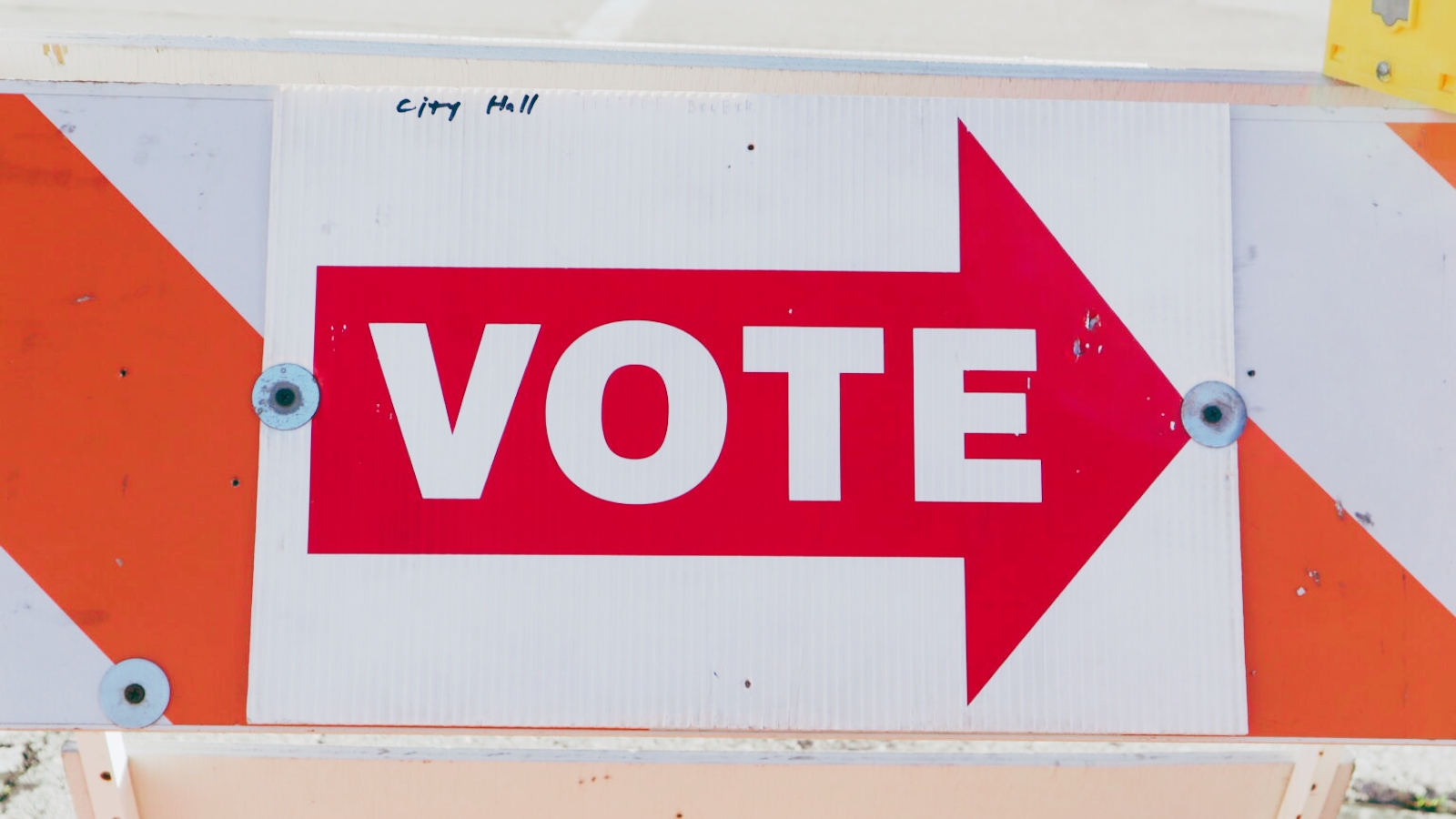
Ron Paul Deserves the Presidential Medal of Freedom
Last week, we all got a bit of a scare when Ron Paul appeared to suffer a medical emergency live on camera. After being taken to a hospital for observation, he now appears to be okay, and we can all breathe a collective sigh of relief on his behalf. Nevertheless, the Texas doctor, former congressman, presidential candidate, and revolution leader is no spring chicken at 85 years old, and this won’t be the last time we’re forced to confront the fact that he won’t be around forever. It’s time he got some recognition for his life’s work.
Someone recently asked me, “who is the most influential living libertarian?” I couldn’t think of anyone who fit that description better than Ron Paul.
Starting with his 2008 presidential run, he single-handedly kickstarted a movement of disaffected Americans who would become the Tea Party. When so-called small government conservatives like George W. Bush were spending trillions to bail out big banks during the 2008 housing crisis, libertarians and classical liberals felt they had nowhere to turn. Both major parties had abandoned them in favor of Keynesianism at home and neoconservatism abroad. Ron Paul was the dark horse nobody saw coming, preaching the gospel of sound money, balanced budgets, free markets, and nonintervention. It was a message no one knew they wanted, and nobody expected to succeed, but against all odds it galvanized a generation into action.
The Tea Party wave in 2010 and, to a lesser extent, 2012 swept out dozens of glad-handing political hacks, replacing them with a new breed of young Republican hungry for a return to Constitutional principles. Among the Tea Party’s victories were Thomas Massie, Justin Amash, David Schweikert, Mike Lee, Tim Huelskamp, and Paul’s own son Rand Paul, still one of the best senators in Congress when it comes to standing up for individual liberty. He’s rarely given credit for it these days, but the Ron Paul campaign was the one that taught politicians how to use the internet as a mobilization and publicity tool. No one expected him to be able accomplish so much, because no one saw the potential of social media in the way Paul and his team did.
But more important than the political impact of Ron Paul’s two presidential campaigns was his effect on the culture. When I arrived in Washington, DC in 2012, the atmosphere was electric with young people who had come from all over the country, inspired by Dr. Paul’s message of freedom and responsibility. The energy was like nothing I had ever seen, and that enthusiasm filtered out into a slew of organizations fighting for limited government. Students for Liberty, Young Americans for Liberty, the Foundation for Economic Education, the Koch Institute, Cato, Reason, and FreedomWorks, where I got my start, all owe a large proportion of their best employees to the movement started by Ron Paul. When even the New York Times is musing about a “libertarian moment” in the country, you know something special has occurred.
The Presidential Medal of Freedom exists to honor those who have made “an especially meritorious contribution to the security or national interests of the United States, world peace, cultural or other significant public or private endeavors.” It is the highest honor the President can bestow on a civilian, and it’s hard to imagine a civilian more deserving than Dr. Paul. He’s as American as Norman Rockwell and Aaron Copeland, and has certainly done more to advocate for freedom than Gloria Steinem or Irving Kristol, all of whom have been awarded the Medal. Paul’s understanding of economics certainly exceeds that of Art Laffer, who received the Medal in 2019, or Alan Greenspan, architect of the bailouts that provoked the Tea Party movement in the first place. As an educator, Paul’s effectiveness on educating the public about such arcane topics as monetary policy and fractional reserve banking cannot be overstated. As for world peace, much of the restraint the U.S. has shown in the Middle East over the last four years, as contrasted with the bloody wake left behind Nobel Peace Prize winner Barack Obama, can be credited to Donald Trump’s close relationship with Rand Paul, who has reliably urged the president to follow his father’s noninterventionist instincts.
We know that President Trump follows social media closely, particularly Twitter. There is no question that Ron Paul deserves the Presidential Medal of Freedom; all that remains is to motivate Trump to extend the offer. I urge everyone who reads this to tweet at @realDonaldTrump and let him know that you want to see Ron Paul honored with the Presidential Medal of Freedom before the end of the year. It’s the least we can do for all that Dr. Paul has given us.
Free the People publishes opinion-based articles from contributing writers. The opinions and ideas expressed do not always reflect the opinions and ideas that Free the People endorses. We believe in free speech, and in providing a platform for open dialogue. Feel free to leave a comment.




Rindi Davis
Ron Paul is a true patriot
Kurt Gustafson
Ron Paul deserves the Medal!
Sheryl Macken
Yes, I agree, that Ron Paul should receive the Medal of Freedom. He helped build the foundation of America 1st agenda.
Sheryl Macken
Plus, I have always admired Ron Paul for his ideas and comments that made sense. Need more people with his style of his wit/knowledge.
Vannas Margaritte Dorn
Ron Paul is a true American Hero who has bravely and consistently spoken very passionately about America’s God given right to be free from oppression. He truly deserves the Presidential Medal of Freedom.